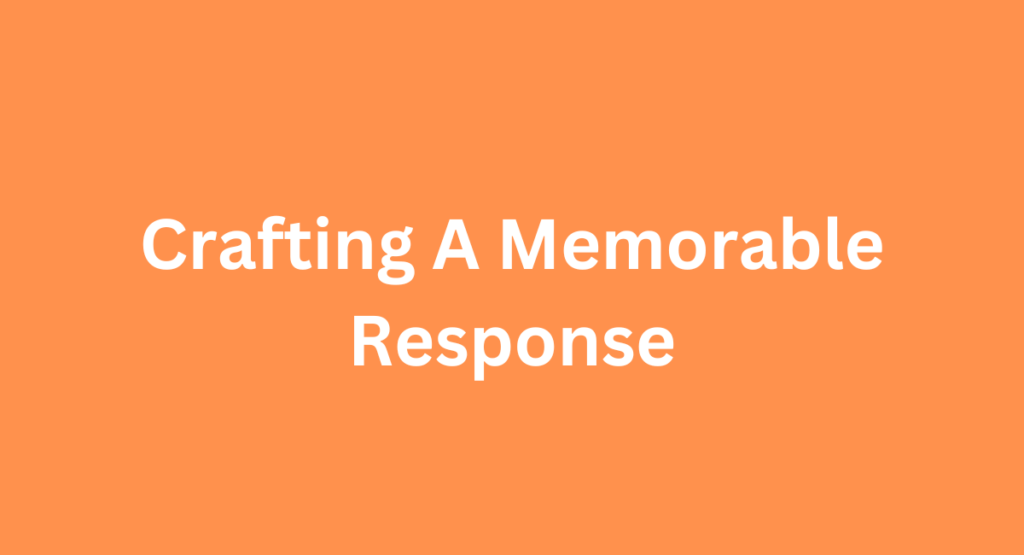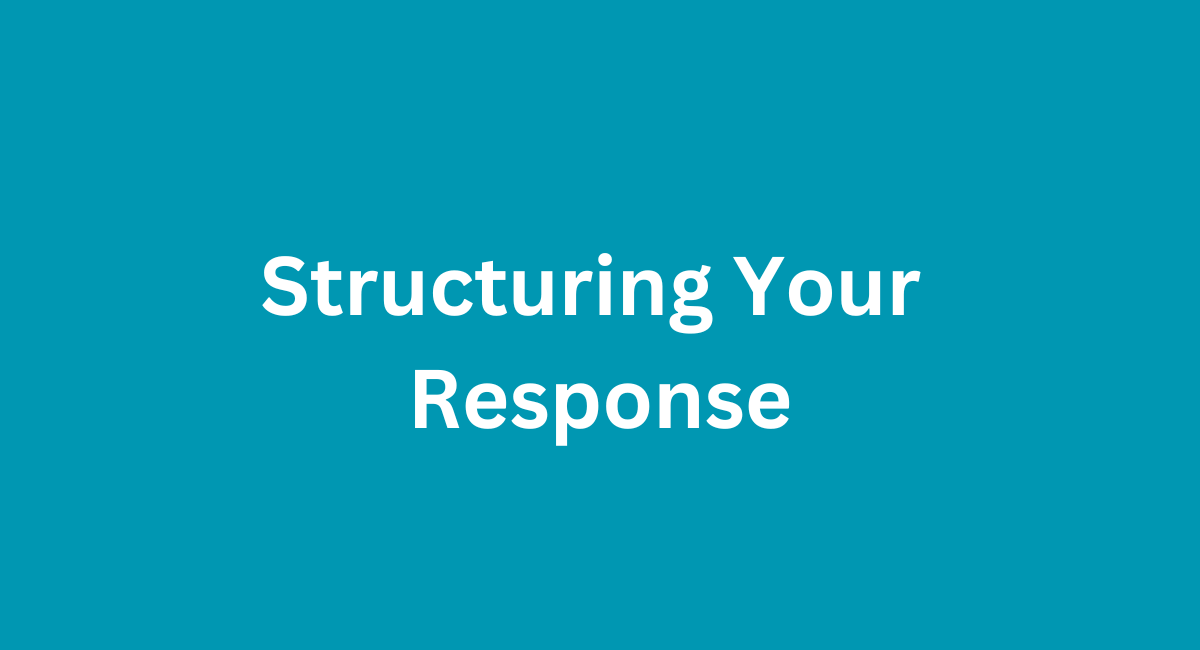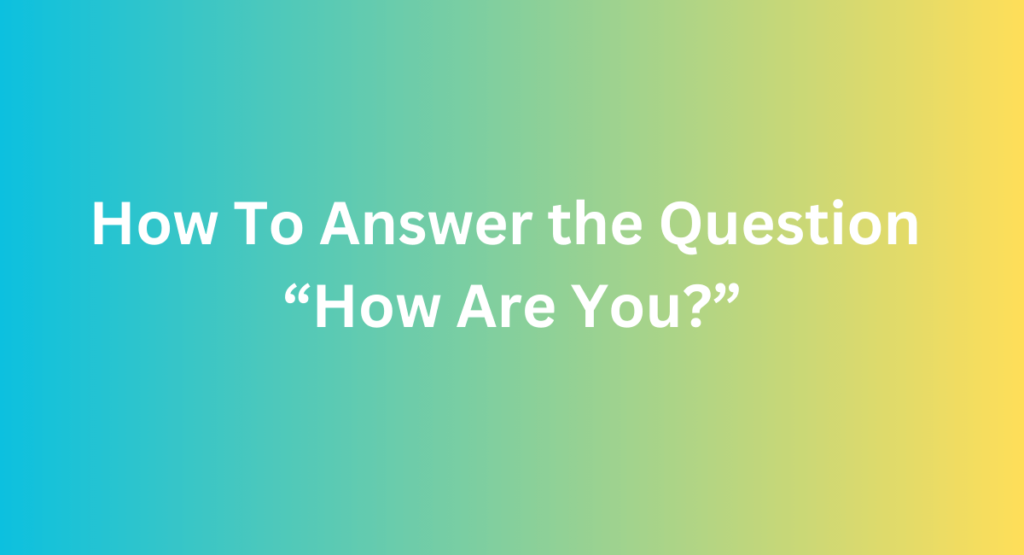In your reply to a farewell email, express appreciation and wish them well genuinely. Keep it concise and personal to maintain a positive connection.
It’s important to make the recipient feel valued and appreciated. You can also mention any plans to keep the door open for future collaboration or communication. It’s a good idea to keep the tone friendly and professional, acknowledging the impact the person has had on your work life.
Express your gratitude for the opportunity to work together and wish them success in their future endeavors. By following these tips, you can effectively reply to a farewell email thoughtfully and respectfully.
Crafting A Memorable Response

Saying goodbye to a colleague can be emotional, but crafting a memorable response to a farewell email can leave a lasting impression. Whether you’re bidding adieu to a coworker or responding to their heartfelt message, your reply is an opportunity to express sincere appreciation and personalize your sentiments. Here are some tips to help you craft a response that will resonate with the recipient.
Personalize Your Message
When responding to a farewell email, personalization is key. Address the departing colleague by name and reminisce about a shared experience or accomplishment. This personal touch will show that you value the relationship and the impact they’ve had on the team.
Express Sincere Appreciation
Expressing genuine gratitude in your response can leave a lasting impression. Acknowledge the departing colleague’s contributions and the positive influence they’ve had on the team. Highlight specific instances or qualities that you appreciate to convey sincerity and warmth.
Understanding The Context

When you receive a farewell email, it’s important to take the time to understand the context behind it. Whether it’s a co-worker, a business contact, or a friend, recognizing the purpose of the email and considering your relationship with the sender can help you craft an appropriate and thoughtful reply. Let’s delve into these two aspects in more detail:
Recognize The Purpose Of The Farewell Email
Before replying to a farewell email, it’s crucial to recognize the purpose behind it. Farewell emails are usually sent when someone is leaving a job, a company, or a community. The sender may be sharing their gratitude, reflecting on their time there, expressing their emotions, or providing contact information for future connections. By acknowledging the purpose of the email, you can respond accordingly and ensure your reply is relevant and heartfelt.
Consider Your Relationship With The Sender
When replying to a farewell email, it’s essential to consider your relationship with the sender. Are they a close friend, a professional colleague, or merely an acquaintance? Depending on the level of closeness and formality, your response should be tailored accordingly. For close friends, you can share personal memories, express gratitude for the friendship, and include well wishes for their future endeavors. If it’s a professional contact, maintain a polite and professional tone, highlighting their contributions, and wishing them success in their future endeavors.
By understanding the context behind a farewell email and considering your relationship with the sender, you can reply in a manner that is appropriate, sincere, and reflective of the connection you share. Taking these factors into account will help you craft a meaningful response that shows your appreciation and support for the sender’s journey ahead.
Structuring Your Response
Crafting a thoughtful and concise response to a farewell email involves expressing gratitude, acknowledging shared experiences, and extending good wishes for the future. Responding with genuine warmth and appreciation can leave a positive impression and maintain positive connections in professional relationships.
Be sure to tailor the email to reflect a genuine sentiment and make a lasting impression.
Opening With Warmth And Gratitude
Begin your reply farewell email by opening with warmth and gratitude. Express your appreciation for the sender’s kind words and the memories you have shared. Use a warm and friendly tone to let them know how much their farewell email means to you. For instance:
Thank you so much for your heartfelt farewell email. Your kind words touched my heart and reminded me of the wonderful moments we’ve had together.”
By starting your response in this manner, you show your sincerity and create a positive tone for the rest of the email.
Sharing Meaningful Memories Or Anecdotes
Next, take the opportunity to share meaningful memories or anecdotes that highlight your relationship with the sender. This adds a personal touch to your response and allows you to reminisce about the good times you’ve shared. Consider recounting a funny or heartwarming incident that encapsulates your bond. Here’s an example:
“I’ll never forget that time when we got lost on our team-building trip and ended up stumbling upon the most amazing hidden gem of a restaurant. The laughs we had and the delicious food we enjoyed together made it an unforgettable experience. Thank you for being a part of those cherished memories.”
Sharing these special moments helps create a sense of nostalgia and strengthens the connection you have with the person leaving.
Expressing Well Wishes For The Future
Lastly, conclude your farewell email response by expressing well wishes for the future of the person leaving. Show genuine excitement for their new endeavors and convey your confidence in their abilities. Here’s an example:
“I am confident that you will achieve great success in your new role, just as you have excelled in everything you’ve done here. May this next chapter of your life be filled with joy, growth, and fulfillment. Please keep in touch, and let’s plan to meet up for lunch someday to catch up on each other’s adventures.”
By expressing your well wishes in this manner, you leave a positive lasting impression and ensure that your farewell email response is genuinely supportive and encouraging.
Tone And Language
Crafting a thoughtful and respectful response to a farewell email is crucial. Use a warm and friendly tone, expressing gratitude for the time spent working together. Keep the language positive and professional, wishing the departing colleague all the best in their future endeavors.
Striking A Balance Between Professionalism And Warmth
When it comes to replying to a farewell email, striking the right tone can make all the difference. You want to maintain professionalism while also conveying warmth and appreciation. By finding the right balance between the two, you can leave a lasting impression that reflects your genuine sentiments.
Choosing The Right Phrases And Words
While replying to a farewell email, the choice of phrases and words you use is crucial in setting the tone. Here are some tips to help you select the right ones:
- Express gratitude: Begin your reply by expressing your gratitude and appreciation for the person leaving. Thank them for their contributions and acknowledge their impact.
- Personalize your response: Tailor your reply to the individual, using their name and mentioning specific memories or experiences you shared. This personal touch adds warmth and shows that you valued their presence.
- Keep it concise: Be mindful of your word count and keep your response concise. This shows respect for the reader’s time and keeps the focus on the main message.
- Use positive language: Emphasize positive aspects and experiences you had with the person leaving. Use words that convey encouragement, well wishes, and optimism for their future endeavors.
- Add a touch of warmth: While maintaining professionalism, adding a warm closing statement can make your reply feel genuine. Consider phrases like “All the best,” “Wishing you success,” or “Stay in touch.”
Remember that the tone and language you choose in your reply can leave a lasting impression. Take the time to craft a thoughtful and heartfelt response that reflects your genuine appreciation and best wishes for the person leaving.
Closing On A Positive Note
Want to leave a positive impression when replying to a farewell email? Follow these tips to ensure your response is memorable and leaves a lasting impact.
Closing on a Positive Note Responding to a farewell email can be bittersweet. While it signals the end of a chapter, it’s important to leave a lasting positive impression on your colleagues. A well-crafted response will not only convey your professional courtesy but also offer genuine well-wishes and an opportunity to stay connected. In this blog post, we’ll discuss two key ways to close your reply on a positive note: “Ending with a Genuine Goodbye” and “Offering to Stay in Touch”.
Ending With A Genuine Goodbye
Reflecting on the memories and experiences shared with departing colleagues is a heartfelt way to end your farewell email response. Express gratitude for the opportunity to work together and highlight the positive impact they had on your work life. Here are a few tips to make your goodbye genuine:
- Be specific and sincere: Recall a specific moment or project where their contribution stood out and acknowledge its significance. A heartfelt sentence or two can go a long way in showing your appreciation.
- Show genuine emotion: Don’t be shy to share how you truly feel about their departure. Use sincere words that convey your gratitude, sadness, or excitement for their future endeavors.
- Mention their unique qualities: Highlight their strengths and qualities that made a positive impact on the team. Sharing how their presence will be missed emphasizes the value they brought to the workplace.
Offering To Stay In Touch
While farewells mark the end of one chapter, they don’t have to mean goodbye forever. Showing your willingness to maintain connections helps foster long-lasting relationships. Consider the following suggestions when offering to stay in touch:
- Suggest social media connections: Mention that you’d be happy to connect on platforms like LinkedIn, where you can continue to support each other professionally.
- Propose occasional catch-ups: Offer to meet for coffee, lunch, or a virtual chat from time to time. This shows your interest in maintaining the relationship outside of work.
- Extend an open invitation: Let your colleagues know they are always welcome to reach out if they need advice, guidance, or simply someone to talk to. This gesture reinforces your willingness to be there for them.
By taking the time to end your farewell email response on a positive note, you convey professionalism, gratitude, and a genuine desire to stay connected. Showcasing your appreciation for the time spent together and offering future support will leave a lasting impression, ensuring that the bonds you formed continue to flourish.
Frequently Asked Questions Of How To Reply Farewell Email
How Do You Reply To A Farewell Email?
To reply to a farewell email, express gratitude for the kind words, wish the person well, mention good memories, and share contact information for staying in touch.
Should I Reply To A Farewell Email?
Yes, it is polite to reply to a farewell email. It shows appreciation for the sender’s kind words and allows you to express your well wishes.
How Can I Make My Farewell Reply Email Sound Sincere?
To make your farewell reply email sound sincere, express genuine gratitude, share personal memories, and wish the person success in their future endeavors. Be specific and heartfelt in your message.
What Should I Write In A Farewell Reply Email?
In a farewell reply email, write a heartfelt message expressing gratitude for the kind words, sharing personal memories, and wishing the person success in their future endeavors. Remember to keep it professional and sincere.
Conclusion
Responding to a farewell email is an important gesture that shows your appreciation and respect for the departing colleague. By following these guidelines and crafting a thoughtful reply, you can leave a positive impression and maintain professional relationships even after they have left.
Keep in mind the tone, content, and length of your response, and don’t forget to express your well wishes for their future endeavors. Farewells may be bittersweet, but your thoughtful reply can leave a lasting impact.




